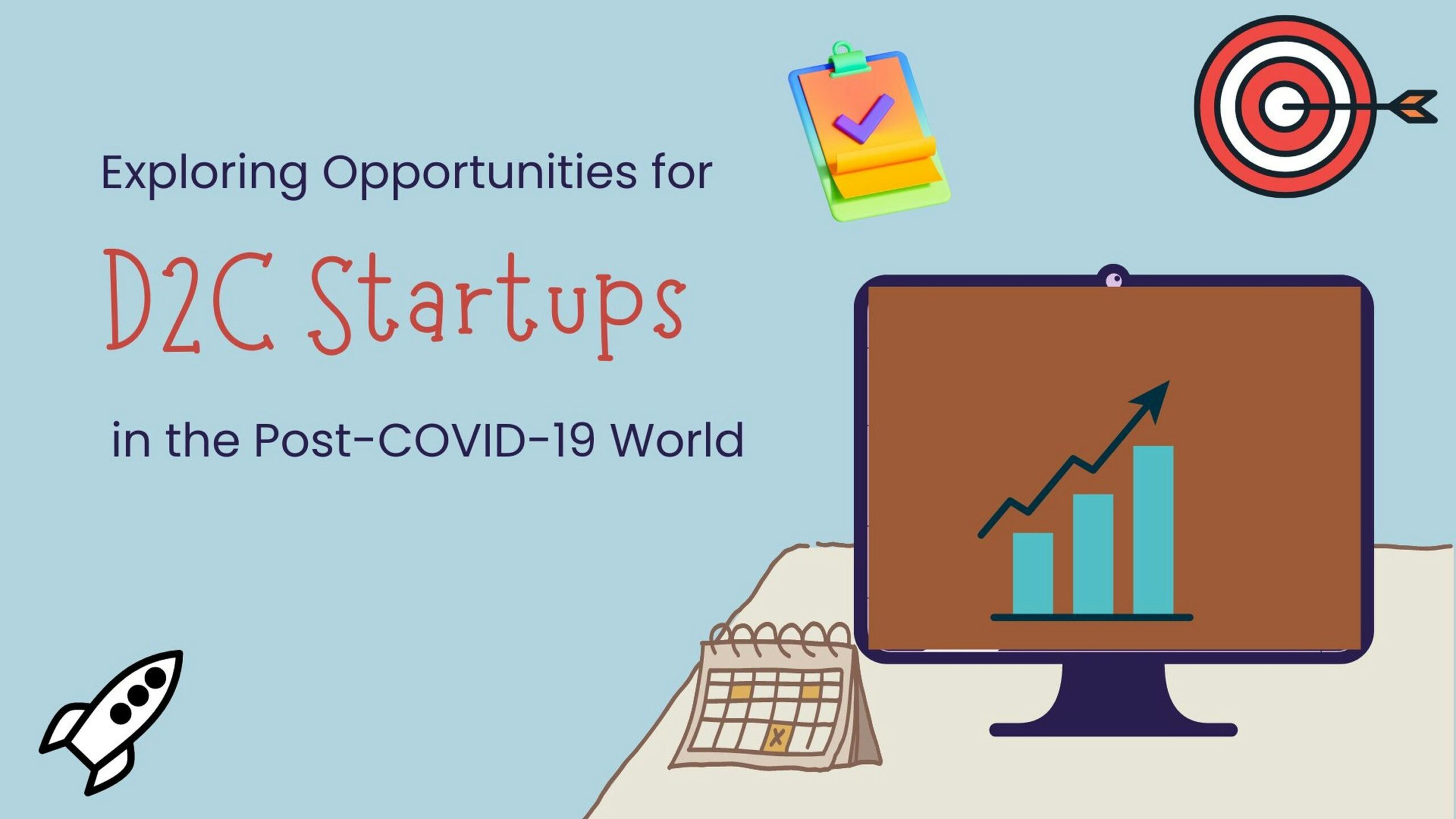

Introduction to Podcasts and Content Marketing
Podcasts have emerged as a compelling and dynamic form of digital media, blending storytelling, information sharing, and entertainment. At their core, podcasts are audio programs available for download or streaming, which can cover an endless array of topics. Over the past decade, they have gained significant traction, evolving from a niche interest to a mainstream medium embraced by millions worldwide. This transformation can be attributed to the increasing accessibility of mobile technology, the convenience of listening while multitasking, and a growing demand for alternative content consumption methods.
The popularity of podcasts can be linked to several factors. Firstly, they provide a personalized listening experience, allowing users to engage with content that resonates with their interests directly. Additionally, podcasts foster community building, as listeners often feel a sense of connection with hosts and fellow listeners. This intimacy and accessibility make podcasts an effective platform for brands seeking to establish trust and build relationships with their audience. Furthermore, as traditional advertising becomes less effective in capturing consumer attention, marketers are turning to podcasts as a fresh and engaging alternative that captures listener interest.
Content marketing, on the other hand, focuses on creating and distributing valuable, relevant content to attract and retain a clearly defined audience. The primary goal is to drive profitable customer actions through education, engagement, and entertainment. In today’s digital landscape, where consumers are inundated with information and faced with infinite choices, content marketing has become an essential strategy for businesses of all sizes. By leveraging informative and entertaining content, organizations can nurture brand loyalty and establish themselves as thought leaders in their respective industries.
As we delve deeper into this topic, it becomes increasingly clear that podcasts represent a powerful facet of content marketing, providing marketers with a unique avenue to engage effectively with their target audience.
Benefits of Integrating Podcasts into Content Marketing Strategies
Podcasts have emerged as a pivotal component of content marketing strategies, offering various benefits that significantly enhance a brand’s potential reach and impact. One primary advantage is the ability to boost brand visibility. When podcasts are utilized effectively, they provide brands with a unique platform to communicate their message, ethos, and values, thereby increasing recognition among target audiences. With the growing consumption of audio content, brands can engage listeners in an intimate and personal manner, fostering a stronger connection that might not be achievable through other media.
Audience engagement is another substantial benefit of incorporating podcasts into content marketing. Through conversations, interviews, and storytelling, podcasts can intrigue and captivate listeners, prompting them to become active participants rather than passive consumers. This engagement often leads to increased loyalty and trust in the brand, as audiences appreciate content that provides them with valuable insights while entertaining them. Furthermore, podcasts serve as an excellent medium for marketers to demonstrate their expertise and authority in their respective sectors, thereby positioning themselves as thought leaders and resources within their niche.
Cost-effectiveness is also a notable advantage when comparing podcasts to traditional advertising methods. Producing a podcast can often be more economical than creating visual advertisements, especially considering the current digital landscape. Additionally, podcasts offer the remarkable ability to reach niche audiences that may be overlooked by conventional marketing strategies. This targeted approach not only enhances the likelihood of conversion but also builds a community around the brand.
Finally, the flexibility inherent in podcast content distribution allows brands to adapt their messaging to suit various platforms and audiences. Whether transmitting via streaming services, social media, or email newsletters, podcasts provide a versatile asset for any marketing campaign, ensuring brands can effectively communicate with their target demographic on multiple fronts.
Effective Podcasting Strategies for Marketers
In today’s digital landscape, podcasts are emerging as a vital tool in content marketing strategies. To effectively harness the power of podcasts, marketers should consider several key stages, beginning with the ideation and planning phase. Identifying the target audience is paramount; understanding their preferences not only shapes the content but also aids in choosing engaging topics. This involves conducting audience research, which can include surveys or social media interactions to uncover what resonates with potential listeners.
Once the audience has been identified, marketers should select relevant themes that align with their interests and pain points. Structuring each episode for maximum impact is equally important. This can be achieved by creating an outline that includes clear introduction, engaging segments, and strong conclusions. Additionally, incorporating various formats—such as interviews, narratives, or Q&A sessions—can add diversity and keep the audience engaged.
Promotion plays a crucial role in the podcasting process. Leveraging social media platforms for episode announcements, behind-the-scenes content, and listener engagement can significantly boost visibility. Furthermore, utilizing search engine optimization (SEO) techniques, such as keyword-rich descriptions and tagging, can enhance discoverability on various podcast directories.
Consistency is key when producing content. Establishing a regular publishing schedule helps build listener expectations and fosters a loyal audience. Equally, maintaining high production quality is essential; investing in good audio equipment and editing software can greatly improve the listening experience. Lastly, measuring success through analytics—such as download rates, listener demographics, and engagement metrics—provides valuable insights that can inform future podcast initiatives and refine marketing strategies.
Case Studies of Successful Brands Utilizing Podcasts in Their Marketing
Podcasts have emerged as a powerful tool in the content marketing arsenal, with various brands successfully integrating them into their marketing strategies. One notable example is the popular fitness brand, Nike, which launched the podcast series “The Art of Running.” Through inspiring conversations with athletes and trainers, Nike not only promotes its brand ethos but also engages its audience by providing valuable content. The podcast fosters a sense of community among listeners, encouraging conversations around fitness and well-being, ultimately driving brand loyalty.
Another successful case is Shopify, which created the “Shopify Masters” podcast. This series showcases interviews with successful entrepreneurs sharing their journeys and tips in the e-commerce world. By aligning their podcast content with the interests of their target audience, Shopify effectively positions itself as a thought leader in the e-commerce niche. The insightful narratives not only inspire aspiring entrepreneurs but also encourage them to utilize Shopify’s platform, thereby enhancing customer engagement and conversion.
In addition, the narrative-driven podcast How I Built This by NPR highlights the stories behind renowned companies. Each episode delves into the personal experiences of entrepreneurs and the challenges they faced while building their brands. This storytelling approach resonates deeply with listeners, creating a connection that goes beyond traditional marketing. Brands featured on the podcast, such as Ben & Jerry’s and Airbnb, have seen a boost in brand awareness and consumer trust as a result of the genuine narratives shared.
These case studies illustrate the potential of podcasts as a dynamic content marketing channel. By focusing on storytelling, audience engagement, and industry insights, brands can effectively utilize podcasts to meet their marketing objectives while nurturing loyalty and building a deeper connection with their audiences. The key takeaway for marketers is to align podcast content strategically with their brand message and audience interests to maximize impact.
RELATED POSTS
View all


